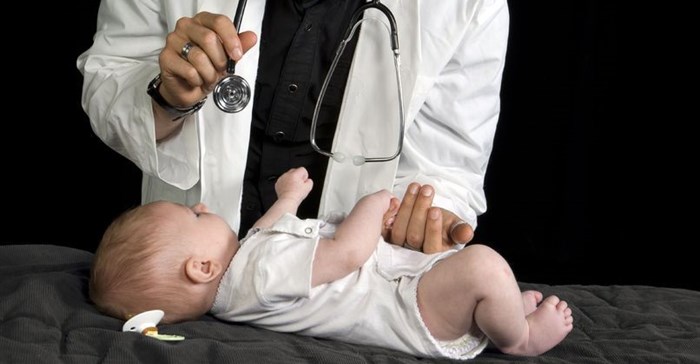





The condition - also known as cryptorchidism - poses a high risk of cancer, but is treatable through corrective surgery.

Urologist Dr Craig Mamitele explains that if, in the foetus stage, testes do not descend down to the scrotum getting stuck along the path of descent this development is described as undescended testes. In most cases testes will descend after birth.
“If one or both testes has not descended within the first year, this will need to be treated,” he says, adding that while hormone injections may be recommended in some cases, surgery is often advised.
“Treatment is successful in the vast majority of cases and should take place as early in the child’s life as possible - preferably within the first year. It is safe and performed under general anaesthesia.
“An undescended testicle only discovered later in life may need to be removed as it is not likely to function well and may pose a cancer risk.”
He therefore stressed the importance of doctors checking the testes in newborn babies, especially premature babies – something parents can also do.